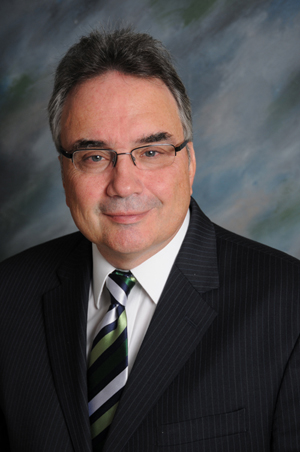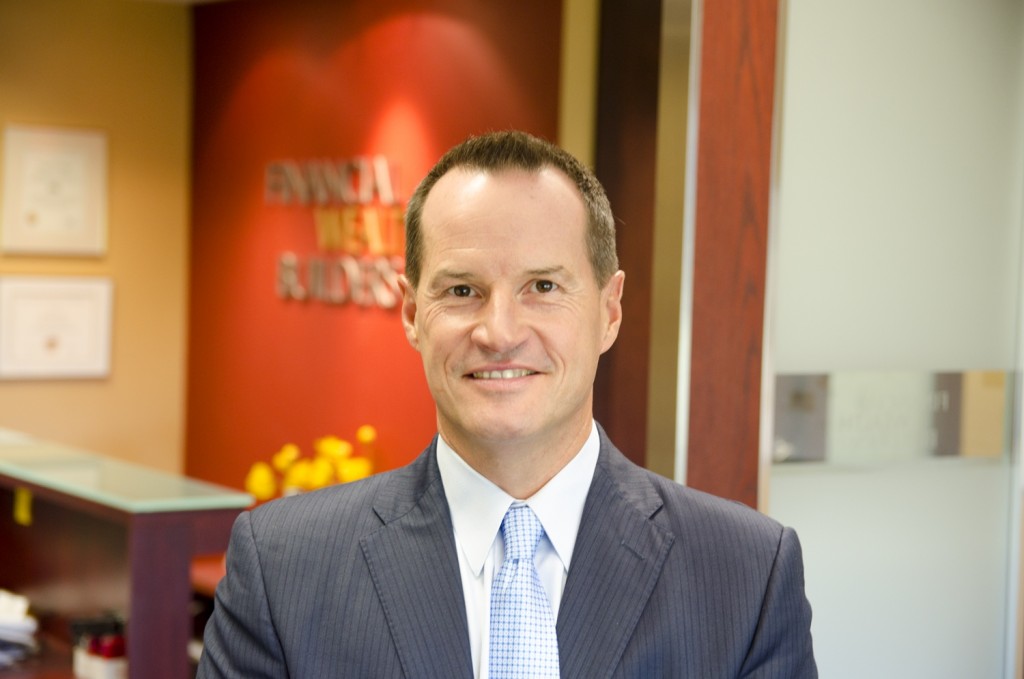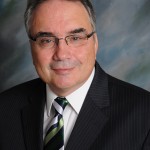
Peter Grandich is a well-known financial and economic commentator and author, based in New Jersey. His fascinating story of financial success and setbacks and gradual transition to more spiritual matters can be found in his recent book, Confessions of a Wall Street Whiz Kid. ( I provided a testimonial.) You can also get a free PDF version. Find out more at his website at PeterGrandich.com.
Paul Philip is a Toronto-based financial planner and head of Financial Wealth Builders Securities. I’ve known both gentlemen for years and can say they are intimately familiar with the concept of Findependence.
In the Q&A below, Peter asks Paul about his (that is, Paul’s) conversion from a belief in active security selection to strategic indexing via the index mutual funds of Dimensional Fund Advisors (DFA).
Yes, mutual funds, not ETFs. As you will see in the interview, the pair certainly sing the praises of this “best-kept secret” but I believe it’s in the best interests of consumers to learn about this firm and the advisors who are building practices sometimes exclusively around DFA index funds. I have in the past attended several all-day seminars presented by DFA Canada and personally own some of their funds (though not exclusively). Several other guest bloggers here at the Hub focus on DFA funds and Paul will be providing the Hub with a regular blog on these topics. — Jonathan Chevreau
Peter: Paul, what are your thoughts on investing in today’s uncertain times?

Paul: To me ALL times are uncertain. A good friend once said to me. “If you want to make God laugh, tell him your plans.” Life just happens; people need a system for investing that they can stick with. Money is personal. It is an emotional thing to make decisions with your life savings. I get it. I am an investor too.
That said, rarely in life is the answer all the way to the left (all in cash) or all the way to the right (all in stocks). When interest rates are 1% and people are living to 90 and beyond it’s serious business and the clock is ticking. There is a huge “lost opportunity cost” to not getting this right. We all have just one investment life cycle. If we are paralyzed and are not strategically invested that missed time will never come back.
On the other hand, I see way too many people gambling with their life savings. Whether they are DIY investors or working with an order taker (broker), they are taking too much risk, are too concentrated on a few stocks and often loaded up in a specific sector. This approach works for Wall and Bay St. (fees and commissions) but hardly ever works out for the gambler (investor).
Peter: Paul, how did you come to believe in strategic indexing as a core investment philosophy?
Paul: I don’t like losing money. In my personal and professional experience I have not met anyone who can consistently time the market. The data is clear in this area if people choose to pay attention. The vast majority of professional money managers do not beat their benchmarks after fees and expenses over a 10 year period.
The investment industry has billions of dollars at stake to sway people to the idea that if they just listen enough, if they just read enough, and are online enough, they can outguess where and when the market is going. If it were just a matter of reading, listening and watching everyone would be wealthy.
 Peter: Tell me about Dimensional Fund Advisors (DFA).
Peter: Tell me about Dimensional Fund Advisors (DFA).
Paul: They are the largest asset manager no one has ever heard of. They manage $400B worldwide. They do not advertise. If you are fortunate you find them; they do not look for you. The company was founded in 1981 by academics David Booth and Rex Sinquefield. The board includes Nobel Prize winners Eugene Fama and Myron Scholes. They are a very smart outfit. They offer below-average fees and above-average results. I found DFA in my personal quest for a better investment experience and results. As a matter of record, I invest my own funds (taxable, holding company, full RRSP, as well as my wife’s funds and children’s education funds) in low-fee portfolios with DFA. I practice what I preach.
 Disclosure (Paul’s): I have set aside 10% of my investable assets in a separate account that I trade using my “best judgement.” This account has not outperformed my DFA portfolio but I am human and keep trying!
Disclosure (Paul’s): I have set aside 10% of my investable assets in a separate account that I trade using my “best judgement.” This account has not outperformed my DFA portfolio but I am human and keep trying!
Peter: Is DFA for sophisticated investors?
Paul: Yes, my definition of a sophisticated investor is anyone who has lost money at least once on an investment and did not enjoy the experience. If this is you, DFA deserves investigation.
Peter: What does DFA do?
Paul: It’s Evidence-based investing, rooted in financial science. In basic terms they do not believe in active management (stock picking/forecasting). They do believe in capitalism, taking risk where warranted, and for which you can be properly compensated. Their extensive research has led them to develop global investment strategies that are akin to “custom” indexes. They have built out models that focus on the dimensions of higher expected returns. They do not mirror EFT index portfolios (Ishares/Vanguard) and as a result have an impressive track record of outperformance over these passive indexes
Peter: How do investors access DFA?
Paul: They are available through well-informed and vetted advisors, approximately 1,900 in the U.S and 160 in Canada.
Peter: What else should investors know?
Paul: Building and protecting wealth is a holistic endeavour. A strategic and well thought out investment program is just one piece of the financial puzzle. I call this accumulation. Just as important is distribution. Most investors will greatly benefit from working with an advisor who understands this and can show them how to safely climb the mountain (accumulation) and safely get down the other side (distribution). It takes a combination of well integrated strategies to achieve your maximum financial potential.
Peter: Do you have an investment minimum?
Paul: Yes, due to our low fee nature we have a minimum account of $250K. I work with clients in ON, BC, AB and MB.
Peter: Where can people reach you to find out more?
Paul: www.fwbsecurities.com . We offer a free 45-minute personal one-on-one webinar to investors who are interested in learning how to invest better and cheaper.


